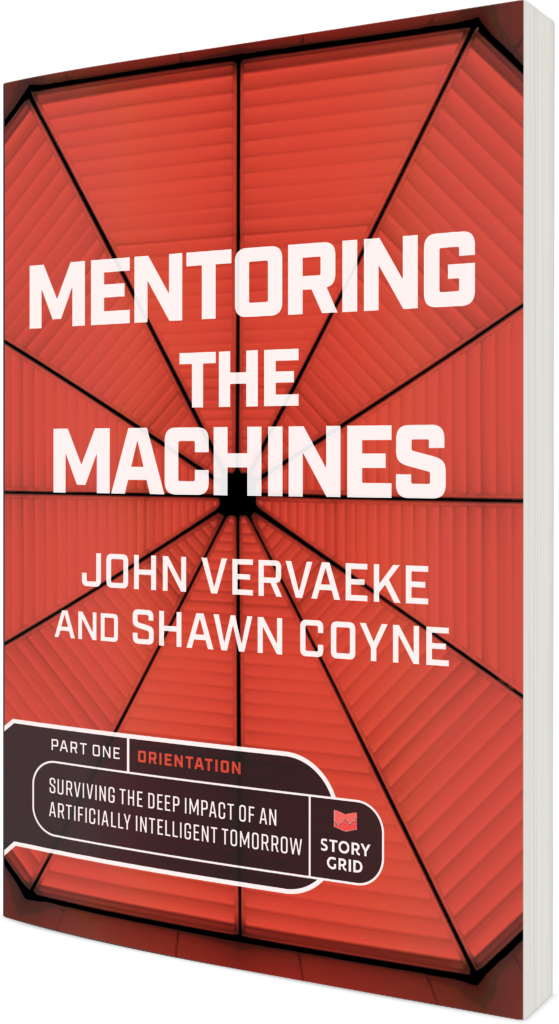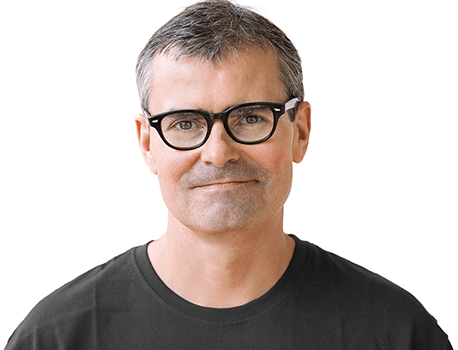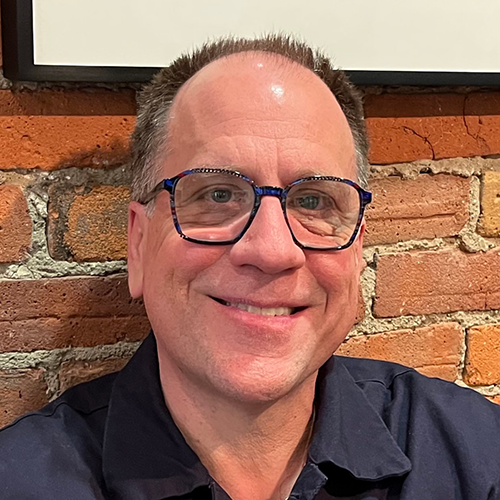Mentoring the Machines – Part 1: Orientation
Written by Shawn Coyne and John VervaekeThe Sane and Sensible, Big Picture “Commons” Sense View of AI
What is it about Artificial Intelligence driving tech giants like Elon Musk, Marc Andreessen, Mark Zuckerberg, Bill Gates, and Sam Altman? Why are they racing to develop and own these thinking machines while unsure of the harm they could cause us? Can we trust nation-states and NGOs to use their totalitarian strategies when they don’t truly understand the problems we face?
These self-appointed masters of Artificial Intelligence are gambling with our future while plunging headfirst into a high-stakes race with potentially catastrophic consequences.
How should we confront them?
Mentoring the Machines: Orientation cuts through the noise to provide clear, commons-sense answers. With a practical narrative that builds on straightforward ideas, this book offers a cogent understanding of the AI phenomenon. It urges us to resist surrendering our influence over Artificial Intelligence to the whims of the marketplace or the state, and instead, to engage in a meaningful way to ensure our survival.
Welcome to every person’s map for the coming brave new world.

Purchasing Options

Shawn Coyne is a writer, editor, and publishing professional with over 30 years of experience. He has analyzed, acquired, edited, written, marketed, represented, or published 374 books with many dozens of bestsellers across all genres, and generated over $150,000,000 of revenue.
He graduated in 1986 with a degree in Biology from Harvard College, with a distinction of Magna Cum Laude for his thesis laboratory research work at the Charles A. Dana Laboratory of Toxicology at the Harvard School of Public Health. After Coyne left the laboratory, his findings were acknowledged and served as the inspiration for Mandana Sassanfar and Leona Samson’s Identification and Preliminary Characterization of an 06-Methylguanine DNA Repair Methyltransferase in the Yeast Saccharomyces cerevisiae publication in the venerable The Journal of Biological Chemistry (Vol. 265, No. 1, Issue of January 5, pp. 20-25, 1990).
In 1991, early in his publishing career, Coyne began an independent investigation into the structure, function and organization of narrative, which he has since coined Simulation Synthesis Theory. His synoptic integration of Aristotle’s Poetics, Freytag’s The Technique of the Drama, Campbell’s Hero with a Thousand Faces, McKee’s Story, among many other story structure investigations with contemporary cognitive science, quantum information theory, cybernetics, evolutionary theory, behavioral psychology, Peircean and Jamesian pragmatism, Jungian depth psychology, Theologian and Philosopher Paul Tillich's conception of "ultimate concern," and fighter pilot John Boyd’s OODA loop serves as philosophical, scientific and spiritual foundations for his teaching.
In 2015, he created Story Grid Methodology to begin teaching and further developing Simulation Synthesis Theory. Since then he has given lectures on the origin of story, the integration of storytelling and science, and the necessity of telling complex stories to thousands of students all over the world.
In addition to The Story Grid and Mentoring the Machines, he’s authored, coauthored or ghost-written numerous bestselling nonfiction and fiction titles. His most recent lecture series, “Genre Blueprint” applies his Simulation Synthesis Theory to popular works such as The Hobbit by J.R.R. Tolkien and The Matrix by Lara and Lana Wachowski.

John is an award-winning professor at the University of Toronto in the departments of psychology, cognitive science, and Buddhist psychology.
He currently teaches courses in the psychology department on thinking and reasoning with an emphasis on insight problem-solving, cognitive development with a focus on the dynamical nature of development, and higher cognitive processes with an emphasis on intelligence, rationality, mindfulness, and the psychology of wisdom.
He is the director of the cognitive science program where he also teaches courses on the introduction to cognitive science and the cognitive science of consciousness wherein he emphasizes 4E (embodied, embedded, enacted, and extended) models of cognition and consciousness.
In addition, he taught a course in the Buddhism, psychology, and mental health program on Buddhism and cognitive science for fifteen years. He is the director of the Consciousness and the Wisdom Studies Laboratory. He has won and been nominated for several teaching awards including the 2001 Students’ Administrative Council and Association of Part-Time Undergraduate Students Teaching Award for the Humanities, and the 2012 Ranjini Ghosh Excellence in Teaching Award.
He has published articles on relevance realization, general intelligence, mindfulness, flow, metaphor, and wisdom. He is the first author of the book Zombies in Western Culture: A Twenty-First Century Crisis, which integrates psychology and cognitive science to address the meaning crisis in Western society. He is the author and presenter of the YouTube series, “Awakening from the Meaning Crisis,” “After Socrates” and the host of “Voices with Vervaeke.”